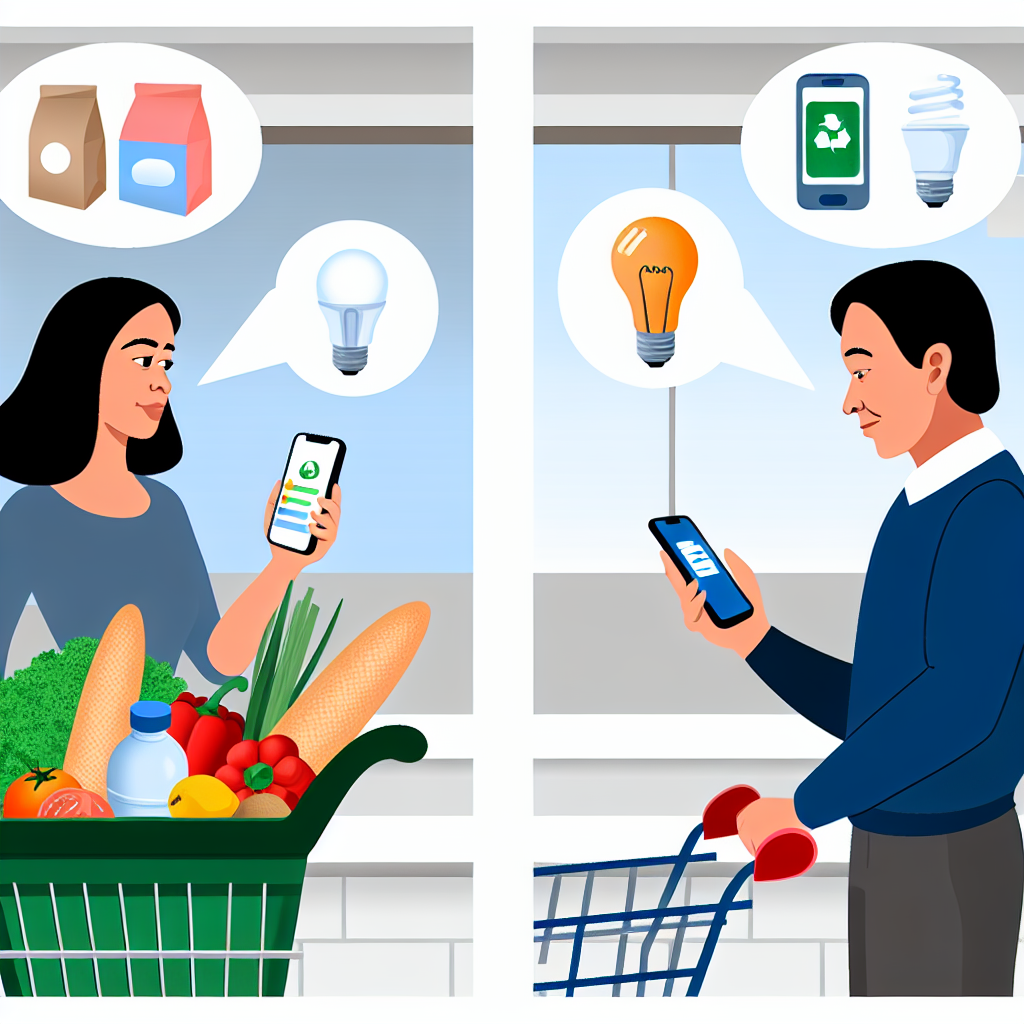10 Cool Ways to Spend Less on Groceries and Help the Planet
Introduction
Hi, smart shoppers and planet lovers! Here at Frugal Zeitgeist, we believe in living wisely while caring for Earth. Prices at the grocery store keep going up, and many of us are trying to spend less on food. At the same time, we’re worried about taking care of the Earth. But don’t worry! This guide will help you shop smart and be kind to your wallet and the planet. Get ready for some fun tips on how to save money and help the world, one grocery trip at a time.
1. Plan Meals with Seasonal and Local Produce
Let’s start with a simple idea—buying fruits and veggies that are in season. This practice is not just for cool Instagram pictures; it’s a really smart thing to do. Seasonal produce usually costs less because it’s more available and doesn’t need as much energy to grow. Buying local also means less pollution from transporting food long distances.
- Benefits: Seasonal produce is fresher, tastier, and healthier. You’ll also help local farmers, which is good for your community.
- Finding Seasonal Produce: Check out websites or farmers’ markets for what’s in season. Use apps like the “Seasonal Food Guide” to become a pro at finding local produce.
2. Try Plant-Based Meals
Instead of expensive meat, grab some beans! Eating plant-based meals can save you money and is better for the environment. The meat and dairy industries use a lot of water and land.
- Financial and Environmental Benefits: Plant-based foods are cheaper and produce fewer greenhouse gases.
- Meal Ideas: Cook up some chickpea stew, black bean tacos, or veggie stir-fry.
- Resources for Beginners: Visit websites like “Minimalist Baker” for easy vegan recipes or watch documentaries like “Forks Over Knives” for inspiration.
3. Buy in Bulk
Buying in large quantities can be a great way to stock up on essentials while using less packaging.
- Advantages: You spend less per unit and use less plastic, which is good for the Earth.
- Bulk Staples: Stock up on grains, nuts, cereals, pasta, and dried fruits.
- Storage Tips: Use containers that seal tight to keep food fresh, and label them to stay organized.
4. Grow Your Own Herbs and Vegetables
Even if you live in a small apartment, you can still grow some food.
- Beginner-friendly Options: Start with herbs like basil and mint or veggies like lettuce.
- Cost Savings: Growing your own food means fewer grocery trips and more savings.
- Gardening in Small Spaces: Use pots or baskets to grow up instead of out. Soon, your herbs might make your place look like a mini garden!
5. Use Reusable Containers and Bags
Say goodbye to single-use plastics! Using reusable bags and containers is better for the Earth and for your wallet.
- Environmental and Financial Impact: Switching to reusable containers cuts down on waste and saves money over time.
- Organization Tips: Keep reusable bags handy so you always have them on your shopping trips.
- Eco-Friendly Solutions: Look for cool products from companies like “Bee’s Wrap” for storing food.
6. Use Loyalty Programs and Digital Coupons
If you’re not using coupons, you’re missing out on savings!
- Store Loyalty Programs: These are often free to join and offer big discounts and points for future shopping.
- Digital Coupons: Apps like “Ibotta” and “Rakuten” help you save with easy-to-use digital coupons.
- Reviews and Savings: Check reviews to see where other people are finding the best deals.
7. Cook From Scratch and Batch Cook
Pre-made foods are usually more expensive and have more packaging waste.
- Cooking from Scratch: Making your own meals lets you control ingredients, saving money and cutting calories.
- Batch Cooking: Cook once and eat many times by making large batches and freezing meals.
- Freezable Recipes: Try making soups, curries, and pasta sauces that freeze well.
8. Use Leftover Ingredients
Never waste food! Turn leftovers into new dishes.
- Creative Ideas: Use leftovers to make fried rice, veggie frittatas, or mixed soup dishes.
- Storing Leftovers: Use good glass containers that go from fridge to the microwave easily.
9. Shop at Farmers’ Markets and Co-ops
Skip the big supermarkets and shop local for fresh food and fair prices.
- Benefits: Find organic produce for less money and learn where your food comes from.
- Finding Markets: Sites like “LocalHarvest” can help you find nearby farmers’ markets.
- Timing and Bargaining: Visit markets late to get better deals as sellers try to finish their stock for the day.
10. Reduce Food Waste
Food waste is a big problem that causes lots of pollution.
- Statistics: About one-third of all food is wasted worldwide. Let’s fix that!
- Minimizing Waste Strategies: Plan meals, use proper portions, and cook with every part of the plant possible.
- Composting Basics: Start with a small compost bin at home. Your garden will benefit from it!
Conclusion
Great job! You’ve learned how to be a smart shopper and help the planet at the same time. These tips will help you spend less on groceries while being kind to Earth. Share these ideas with friends or tell us about your own ways to save and help the planet. Saving money and caring for our world? That’s something we can all support! 🌍🛒
